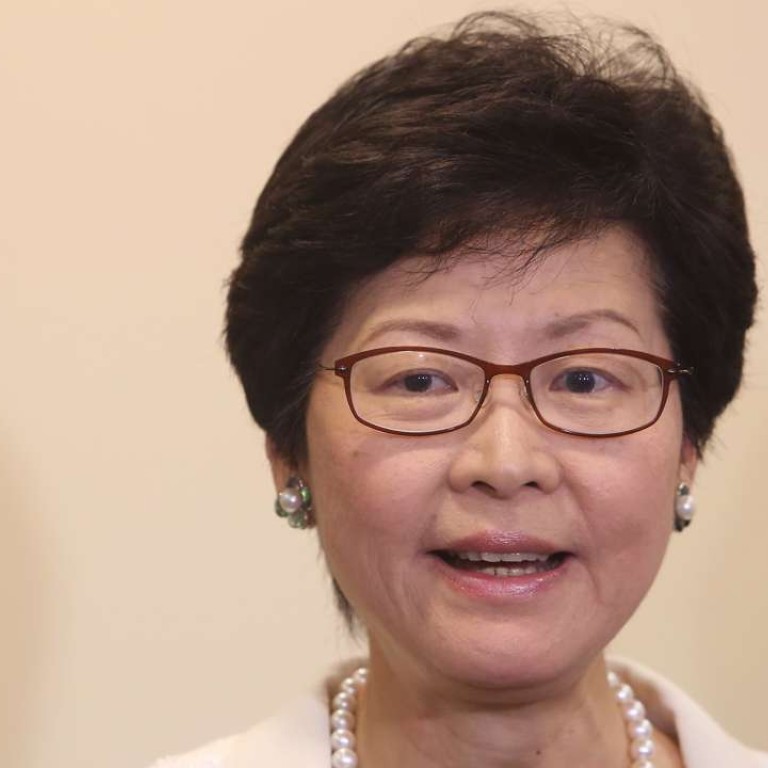
West Kowloon arts hub gets new board members with business expertise
Five government appointees meant to address blown budget concerns
The hope is that with their industry expertise they will provide advice on a sound business model for the project’s sustainable development, and also strengthen the authority’s governance.
They are: Fu Yuning, chairman of China Resources Holdings; Anita Fung Yuen-mei, a director of Hong Kong Exchanges and Clearing and former chief executive of HSBC’s Hong Kong operations; Winnie Tam Wan-chi, chairwoman of the Hong Kong Bar Association; accountant Wilson Fung Ying-wai, former group financial controller of Jardine Matheson; and executive councillor Bernard Chan, who is also president of Asia Financial Holdings.
Four current members will step down from the board: Lan Kwai Fong Group chairman Allan Zeman; town planner Andrew Lam Siu-lo; artistic director Fredric Mao Chun-fai; and Cissy Pao Pui-lai, honorary president of the Hong Kong Arts Centre.
The board will continue to be chaired by Chief Secretary Carrie Lam Cheng Yuet-ngor, with Ronald Arculli as deputy.
Tam said she was “passionate about the arts” and hoped to serve as “a voice of the young and aspiring artists of Hong Kong”. She also described the undertaking as cultural “as opposed to ... a property development project”.
The reshuffle comes at a time when the authority has yet to secure funding for the third and last phase of the long-delayed mega project encompassing theatres and concert venues scheduled for completion after 2020.
The authority has already obtained HK$21.6 billion, approved by the Legislative Council’s Finance Committee, for the construction of the first two phases on the 40-hectare site.
Lam earlier said she hoped to strike a new financial deal with the government in the coming year, but stopped short of giving an estimate. Critics estimated the final bill would cost around HK$40 billion.
Under the law, the board, set up in October 2008, is the governing body of the authority, responsible for the planning, development, operation and maintenance of the arts and cultural facilities at the hub.
If they can instil good business sense and bring unique Chinese perspectives to the board, it may be a good thing
Cultural critic Mathias Woo Yan-wai said he expected the new members would strengthen the board’s governance. He complained about a lack of budget control in the project, which has been plagued by cost overruns and delays.
“The whole project is really out of control,” he said. “If they can instil good business sense and bring unique Chinese perspectives to the board, it may be a good thing.”
Zeman said he had expected to step down, having already served on the board for eight years and exceeding the usual six-year stint for statutory body memberships. However, he will continue to serve as an adviser to the authority regarding the district’s commercial development, such as retail facilities and leasing of premises.
The veteran business leader said the new members would serve to balance the different interests of the arts hub project with their advice on staying within budget and generating revenue.
“Culture is important, but it is really very difficult to make money with culture,” he said.
“Having advice from business people is not a bad thing. If you have only cultural people on the board, it becomes quite difficult.”

